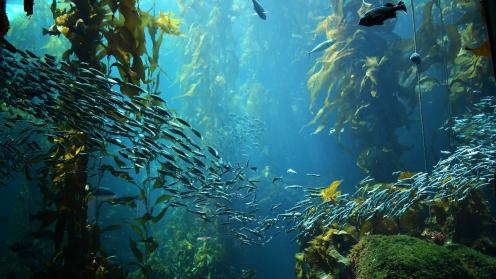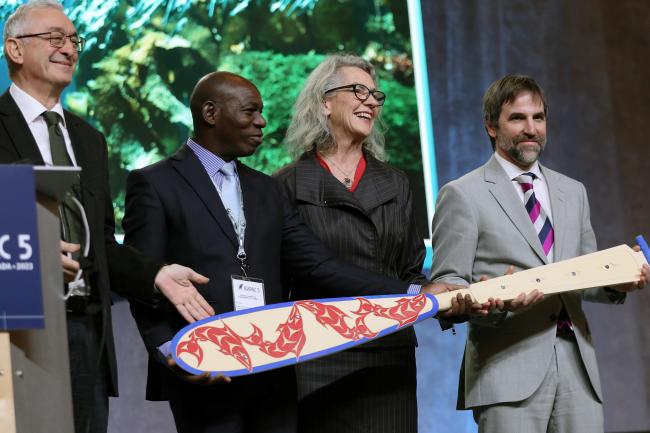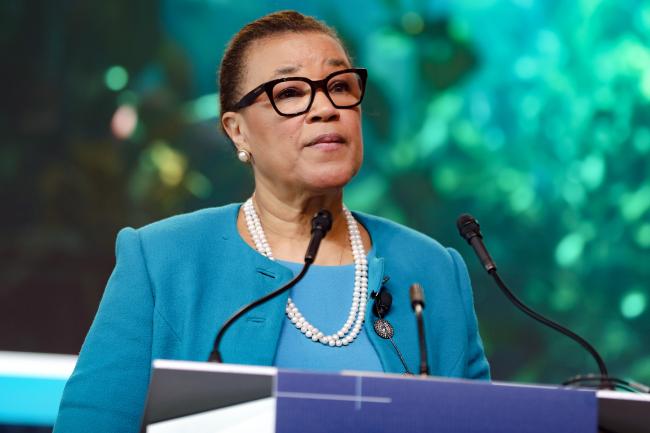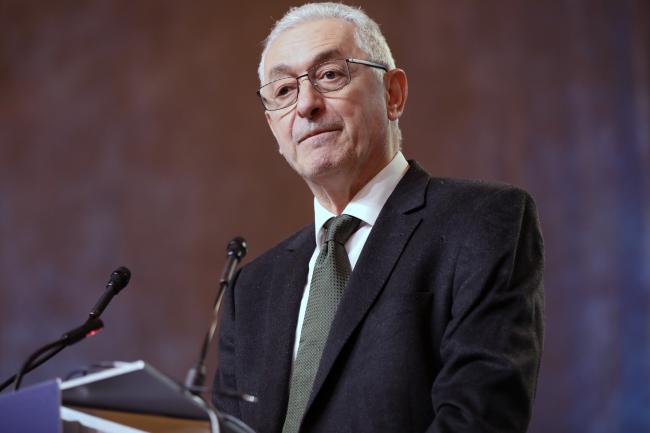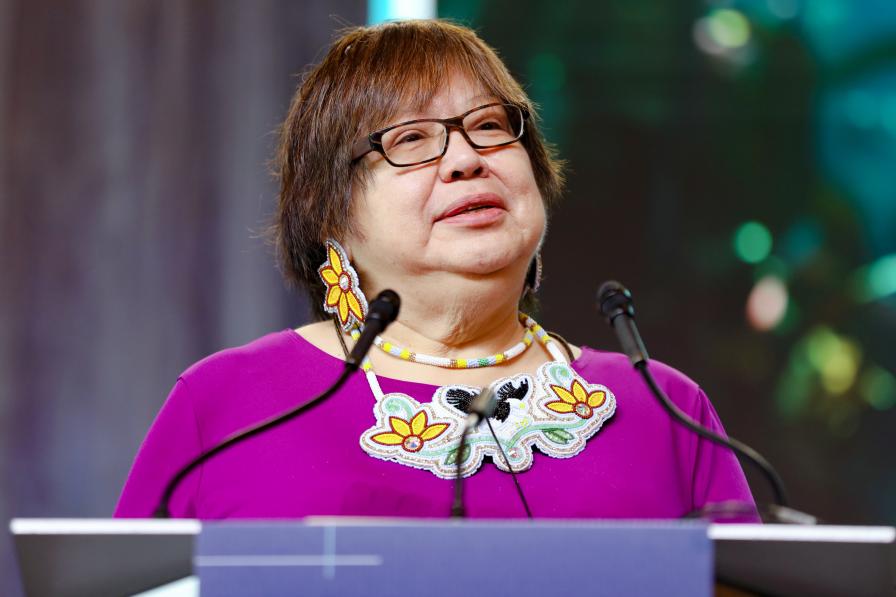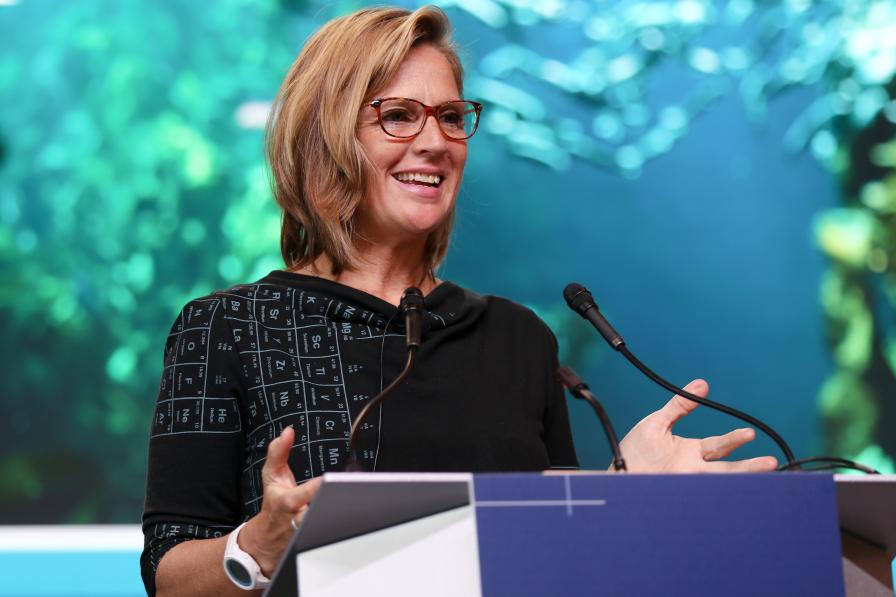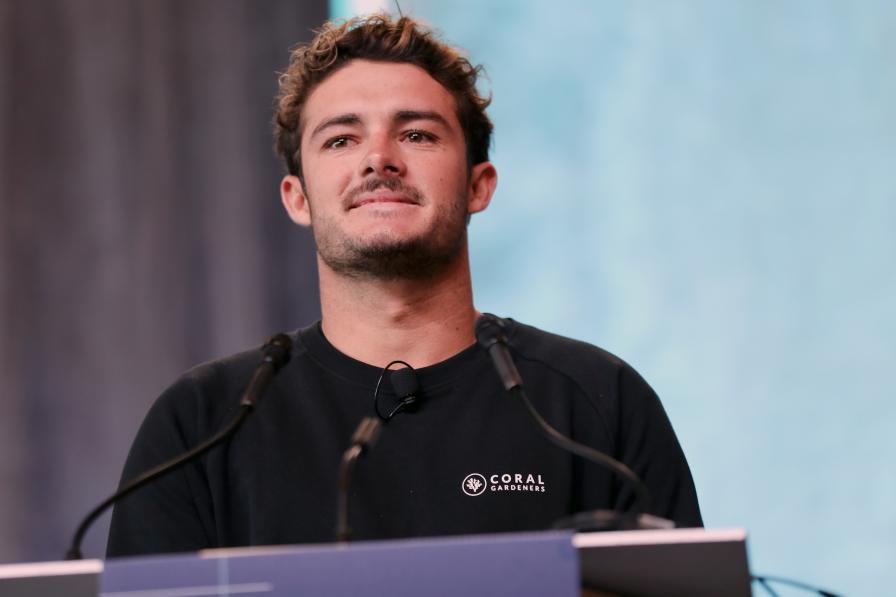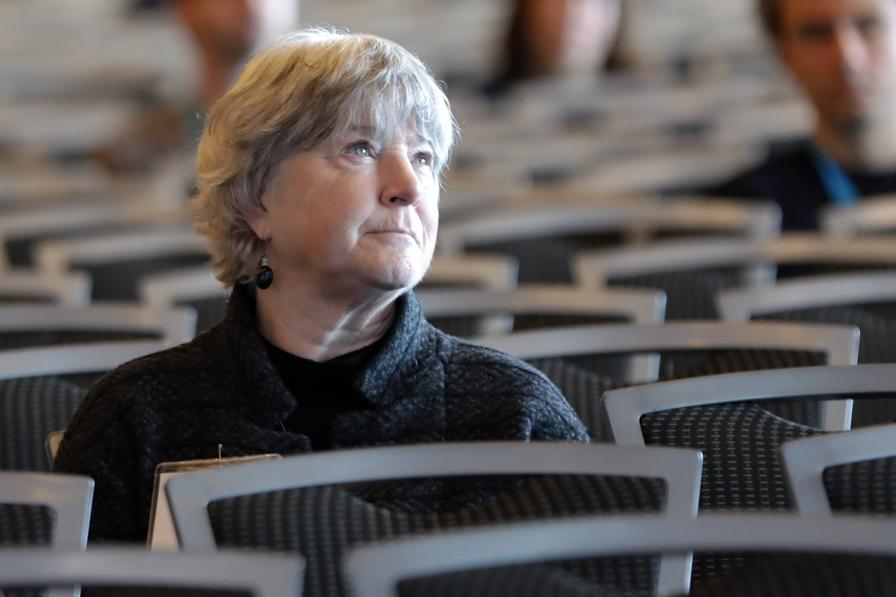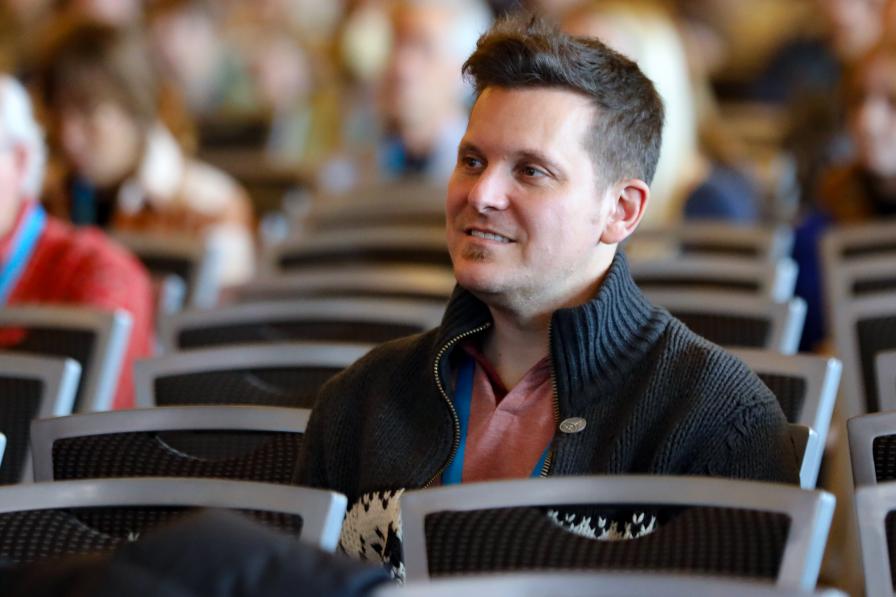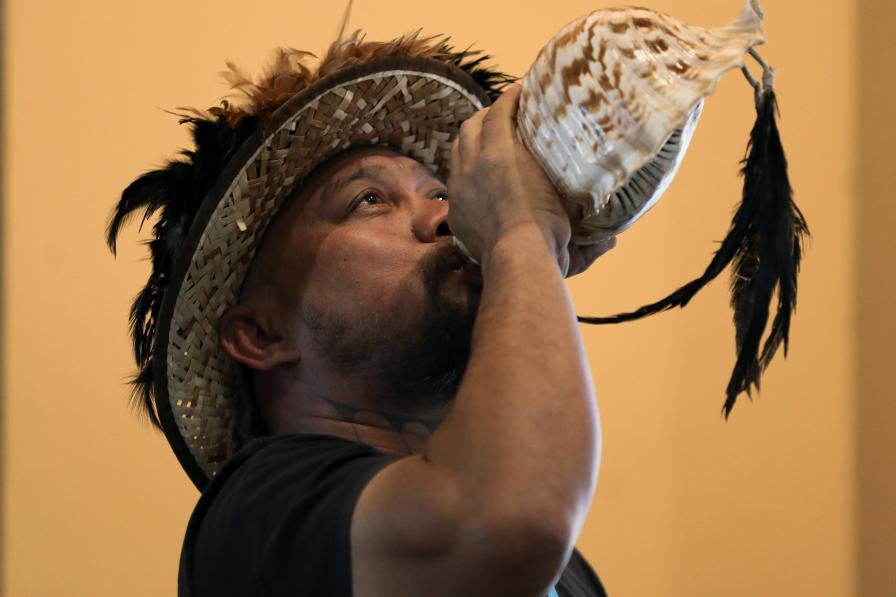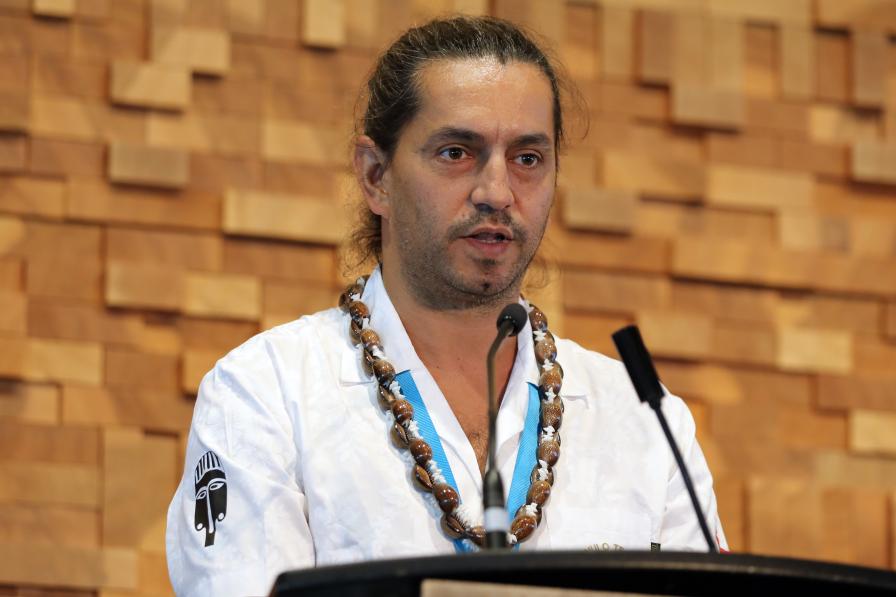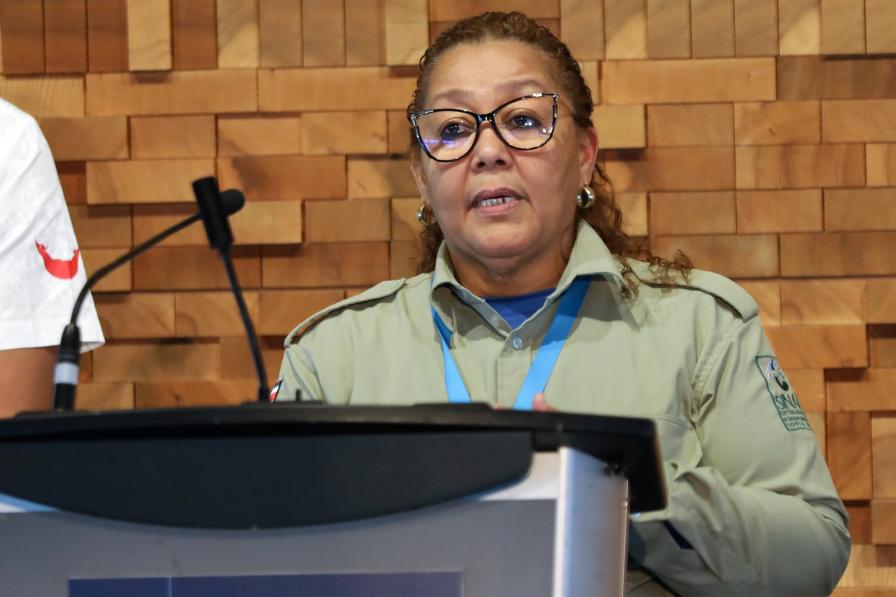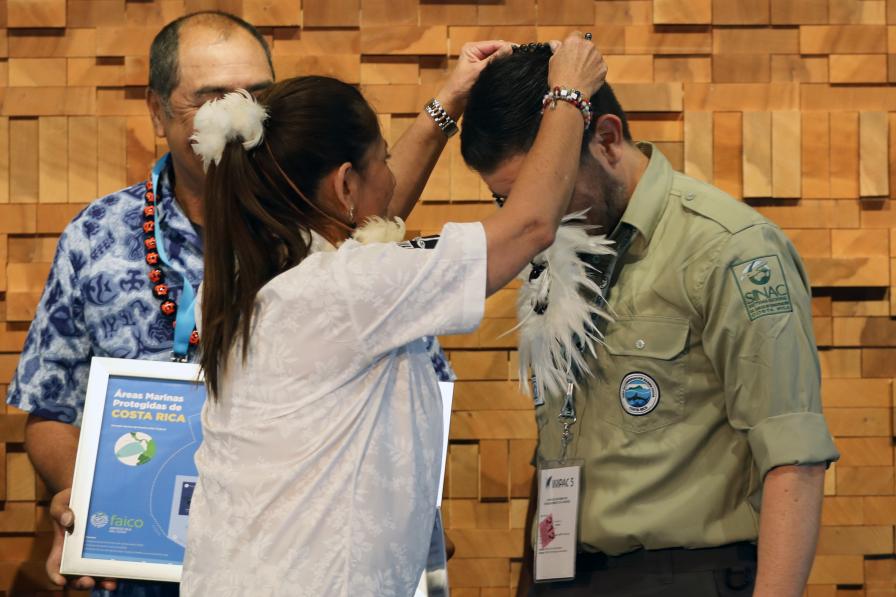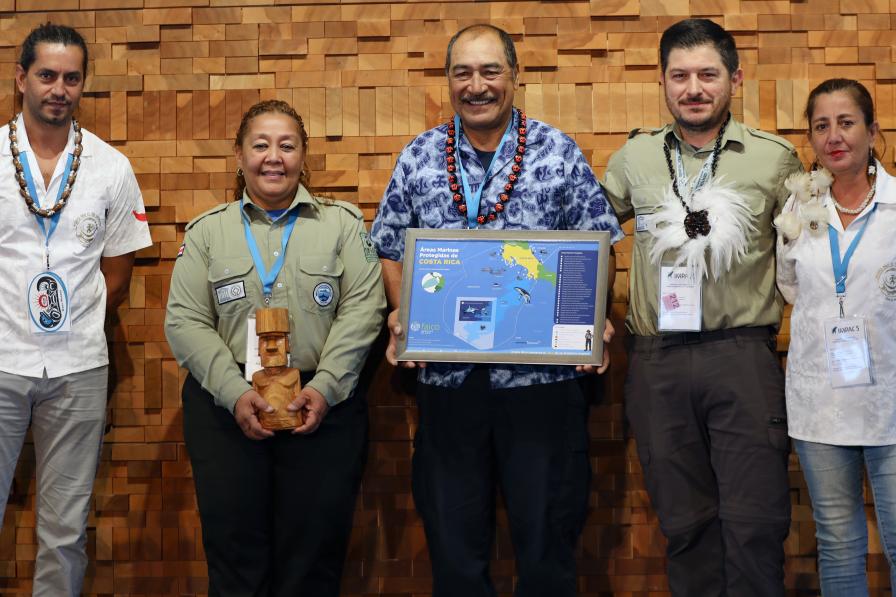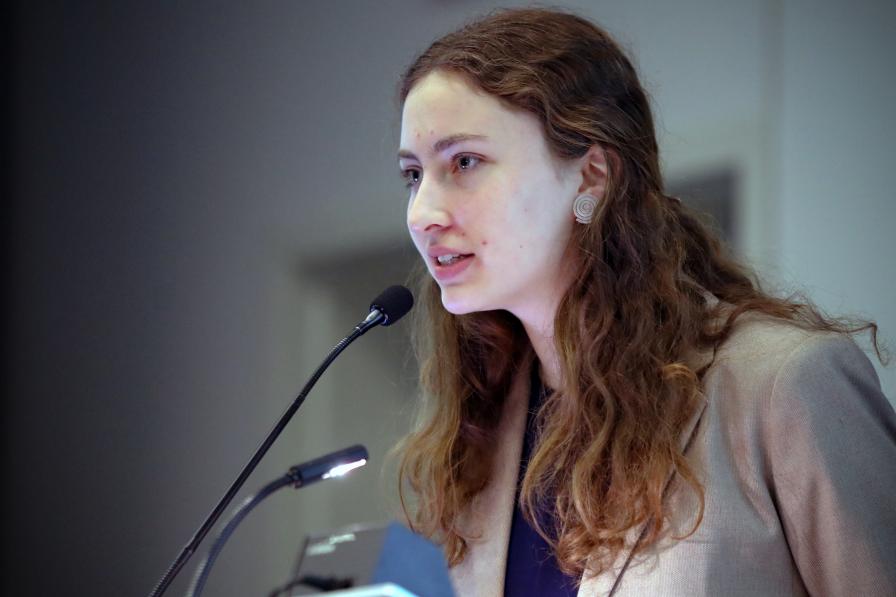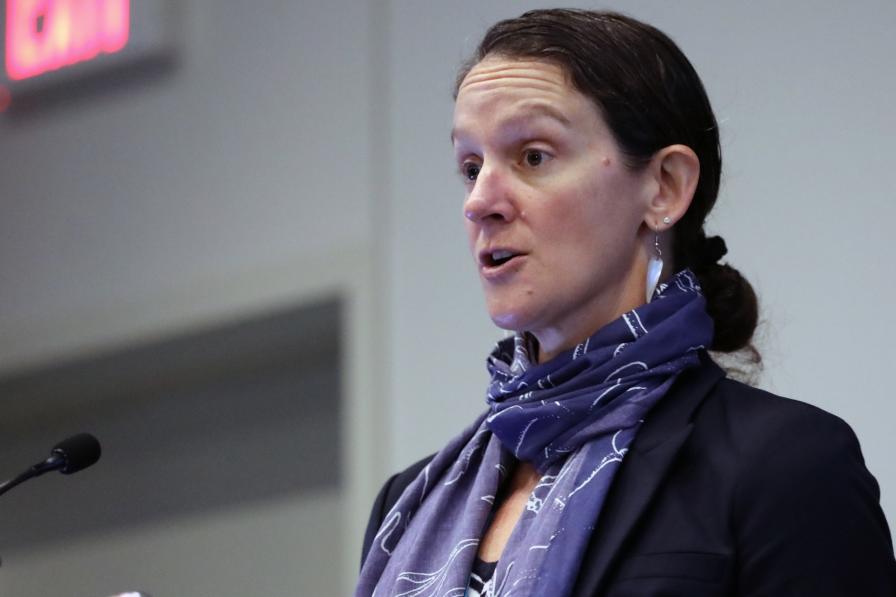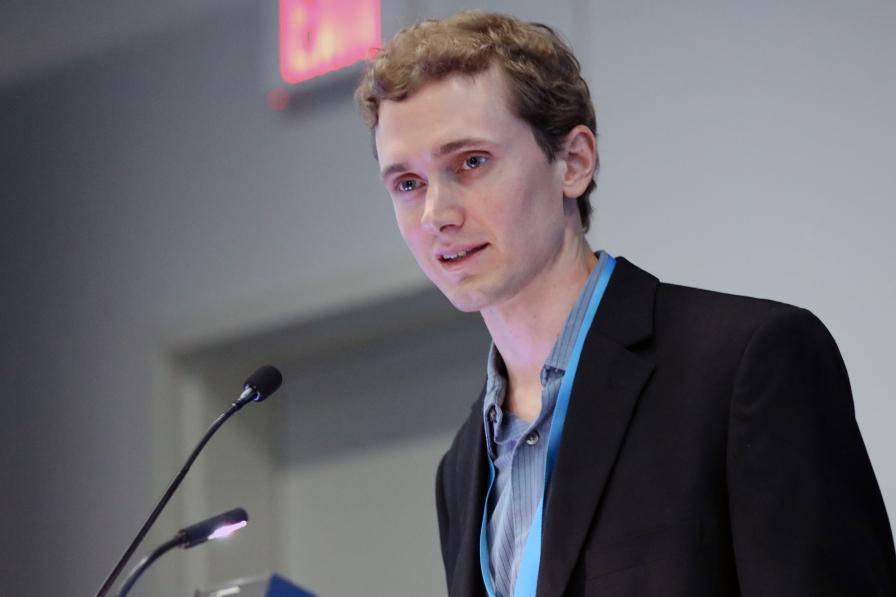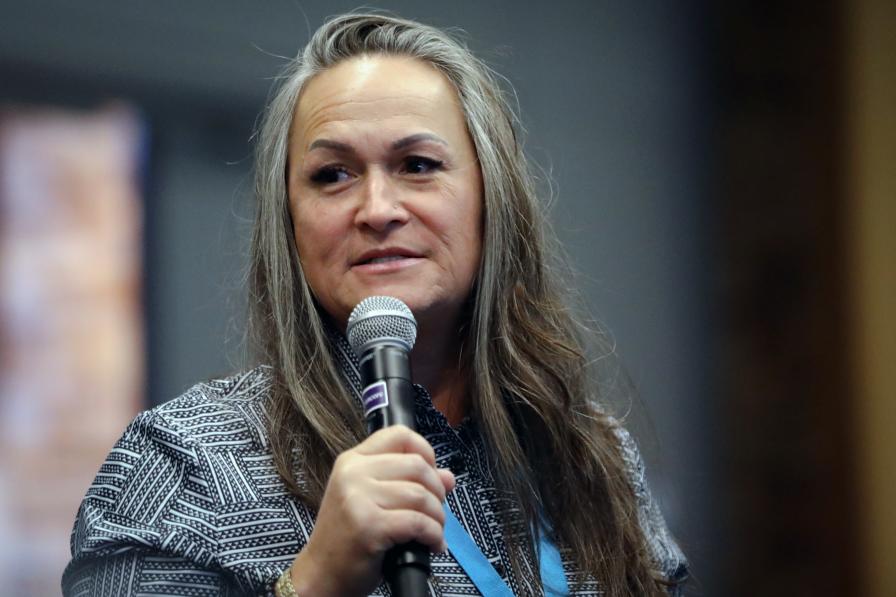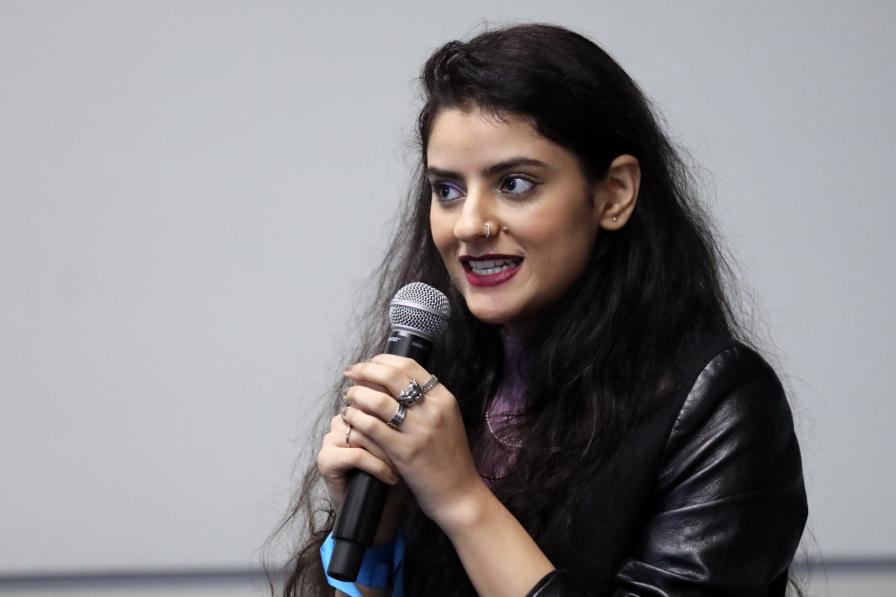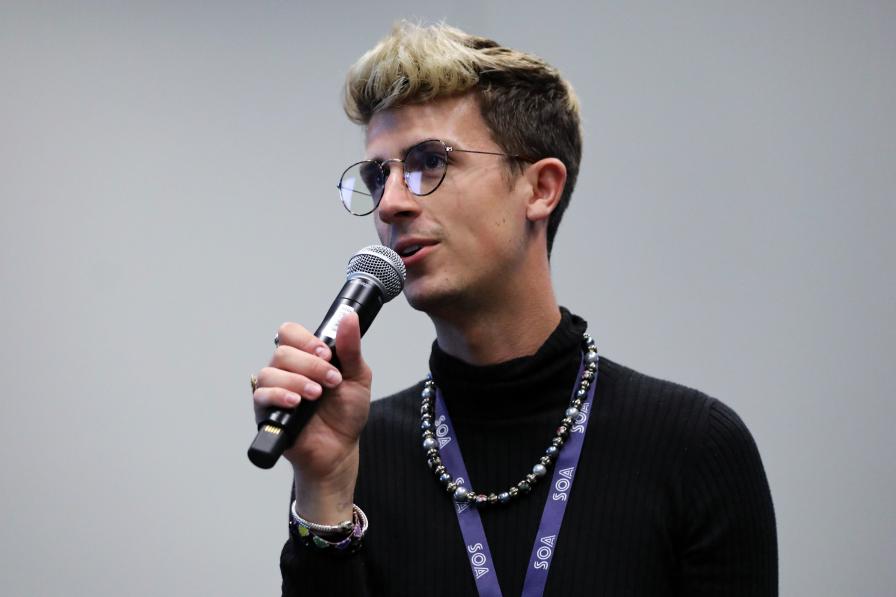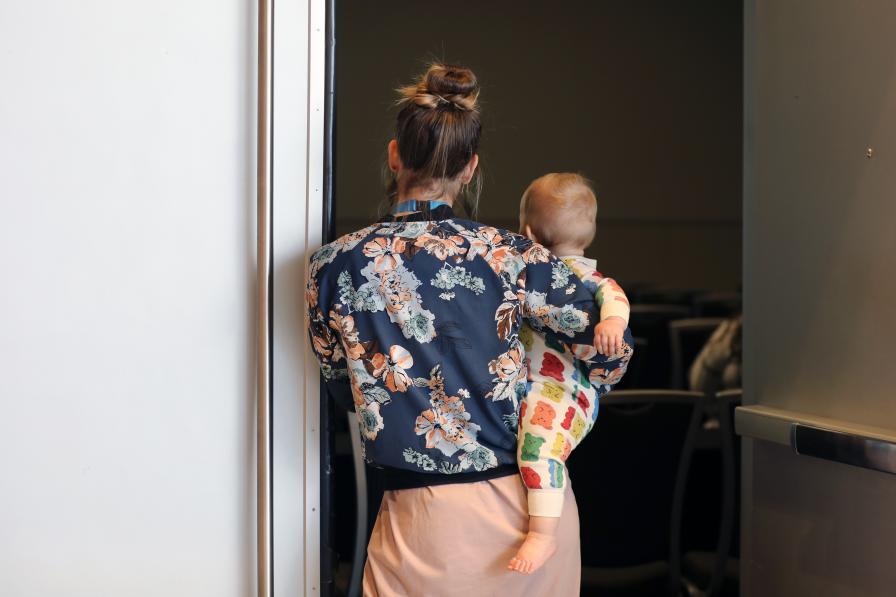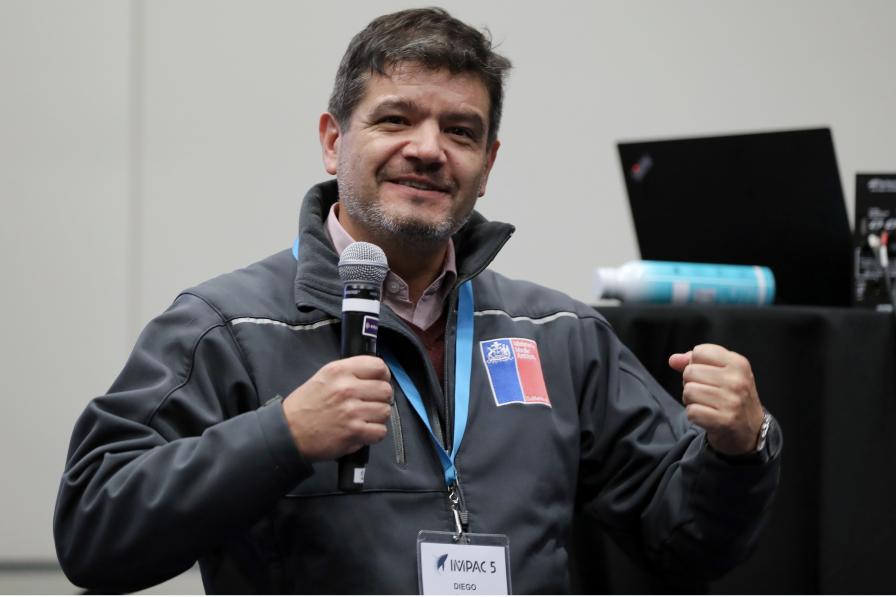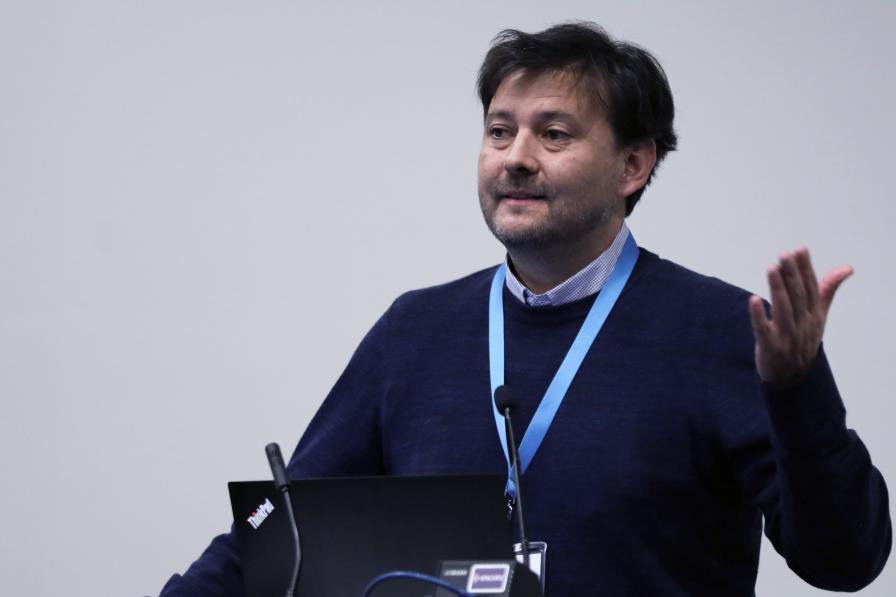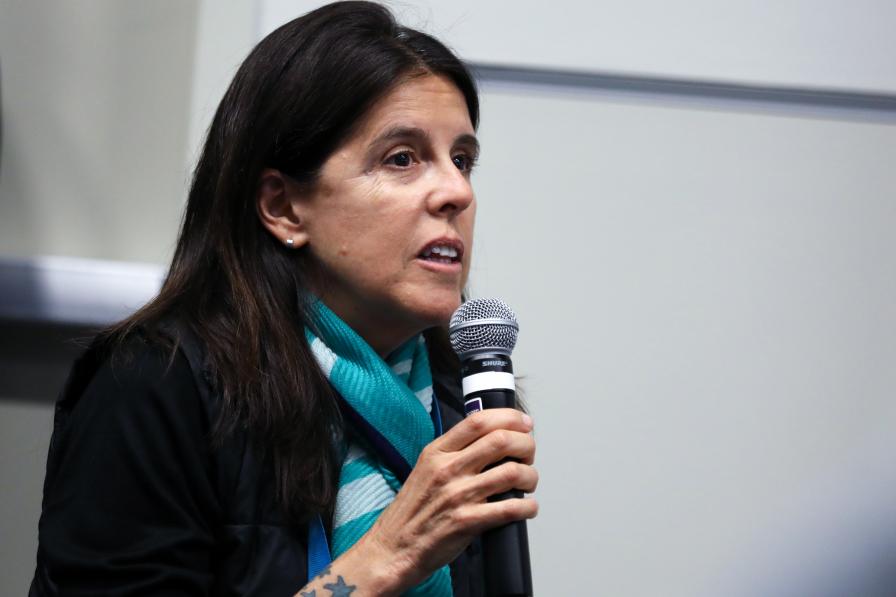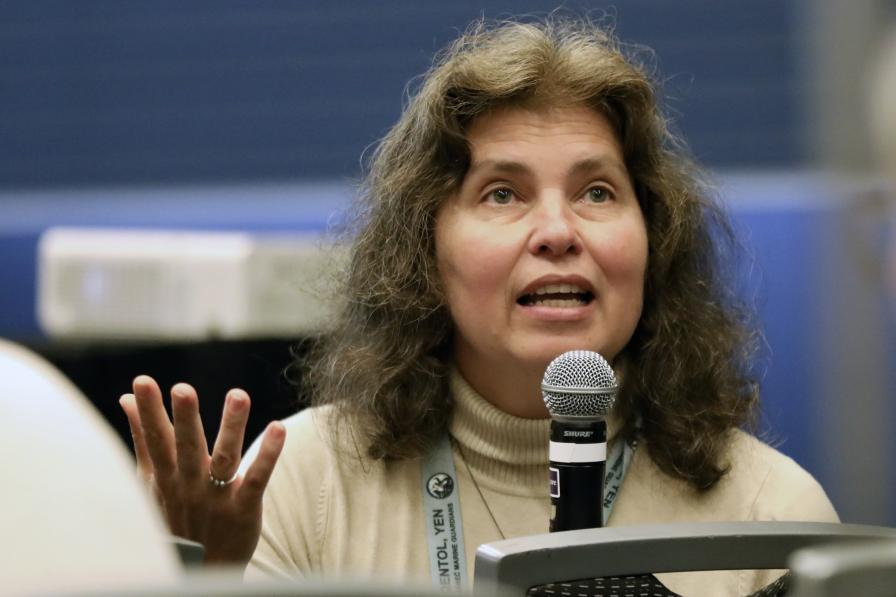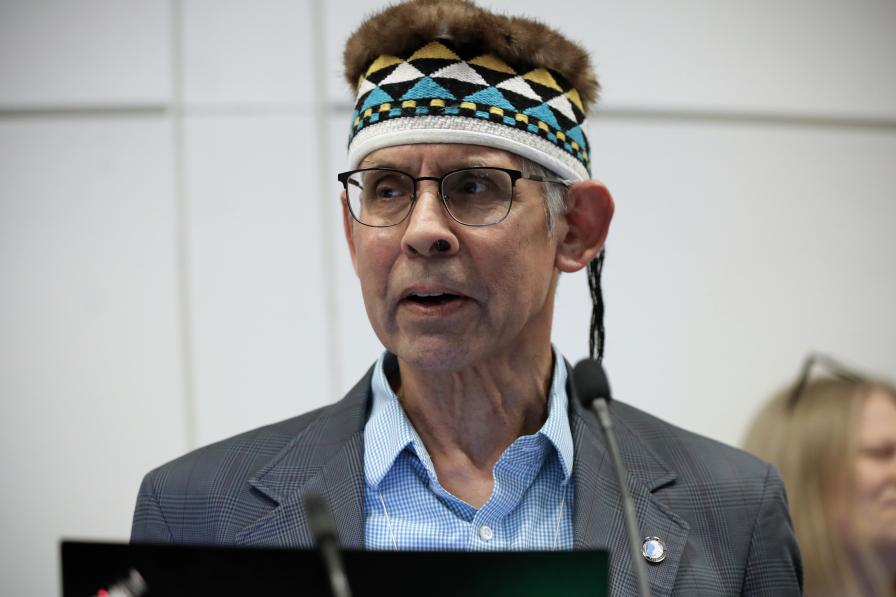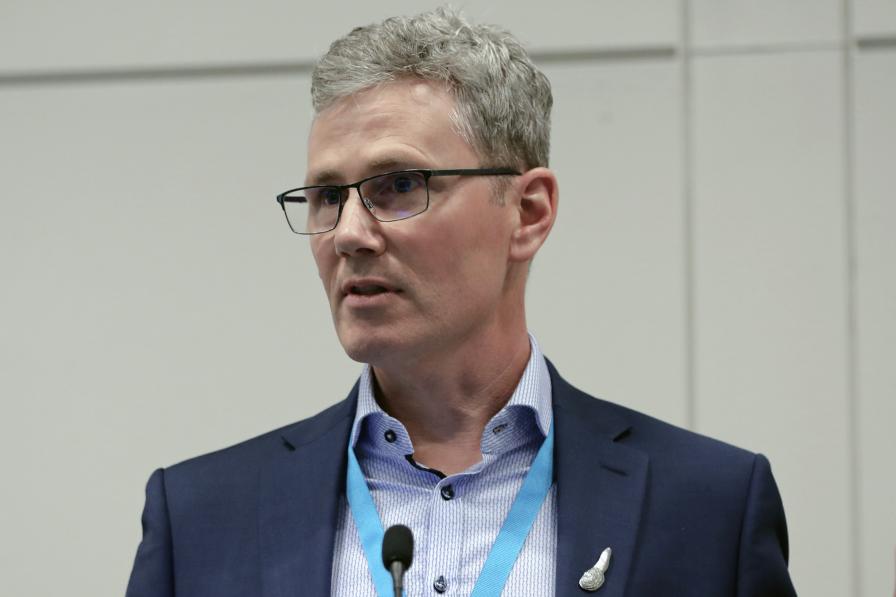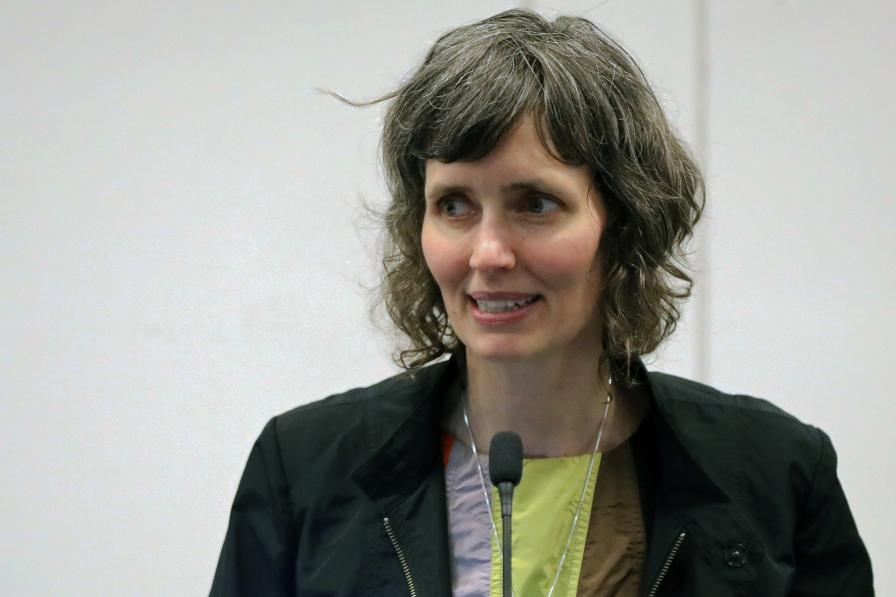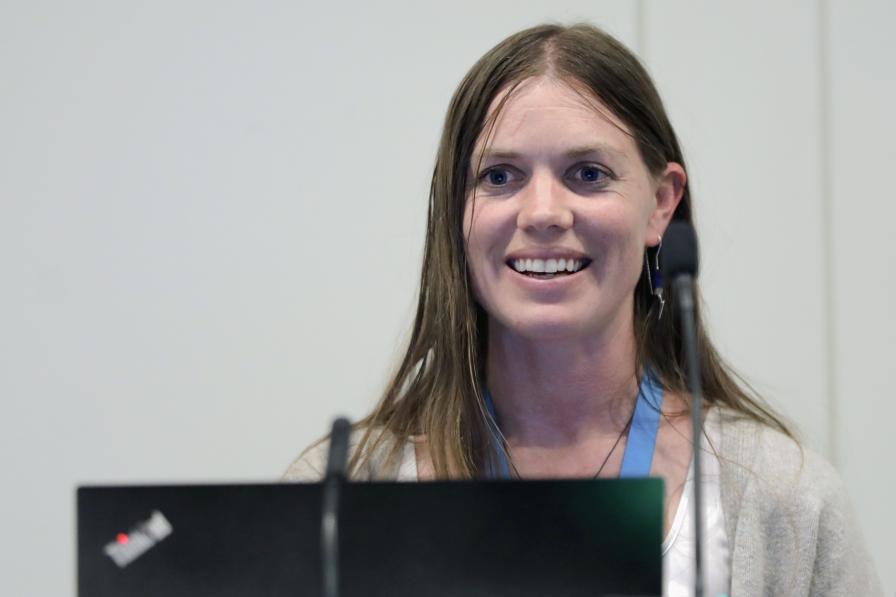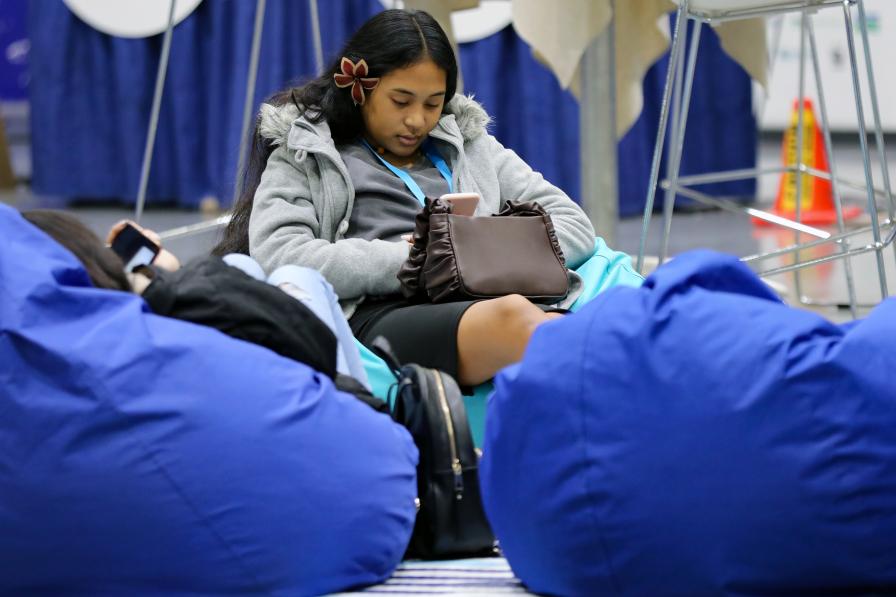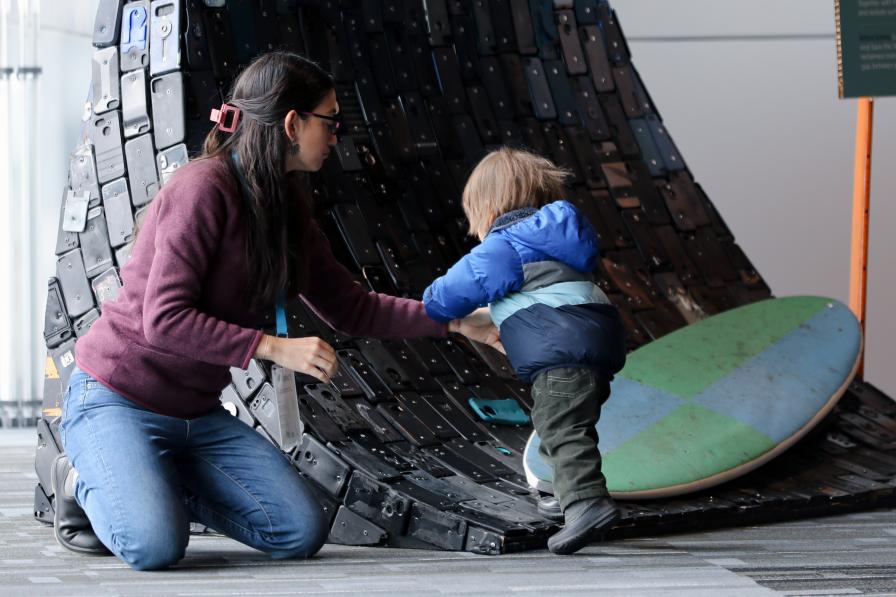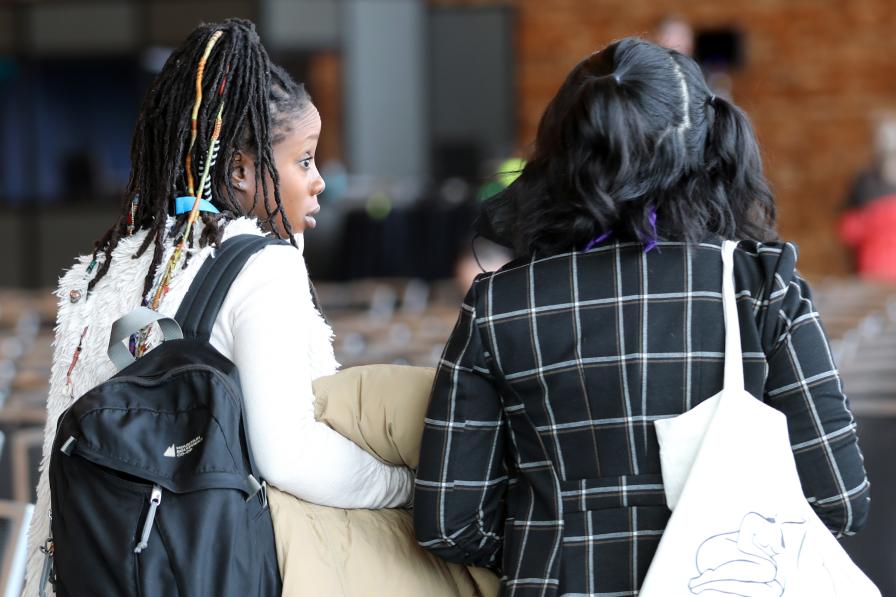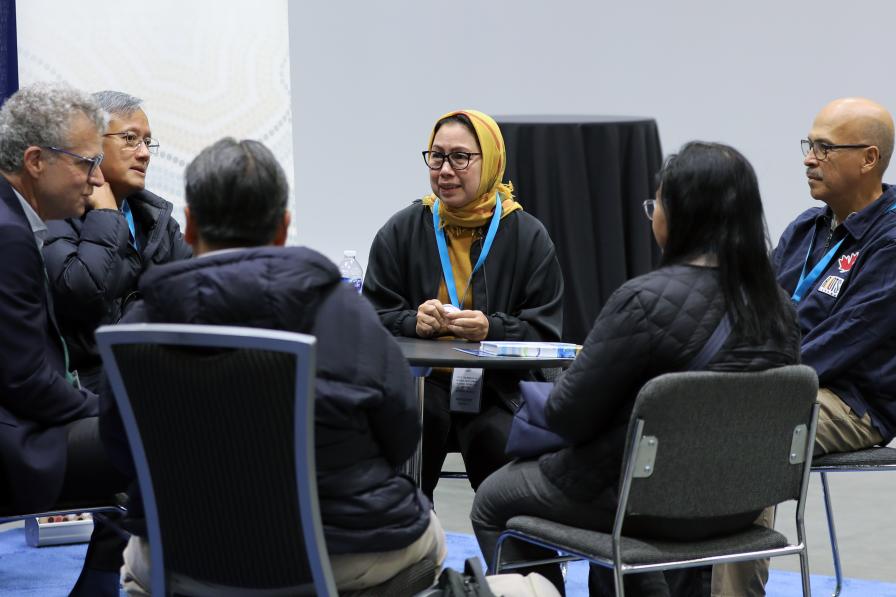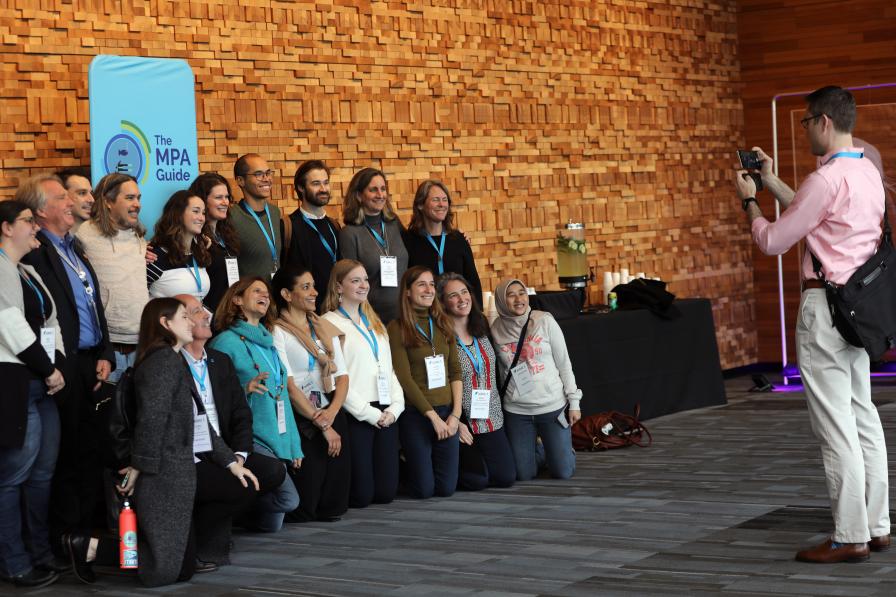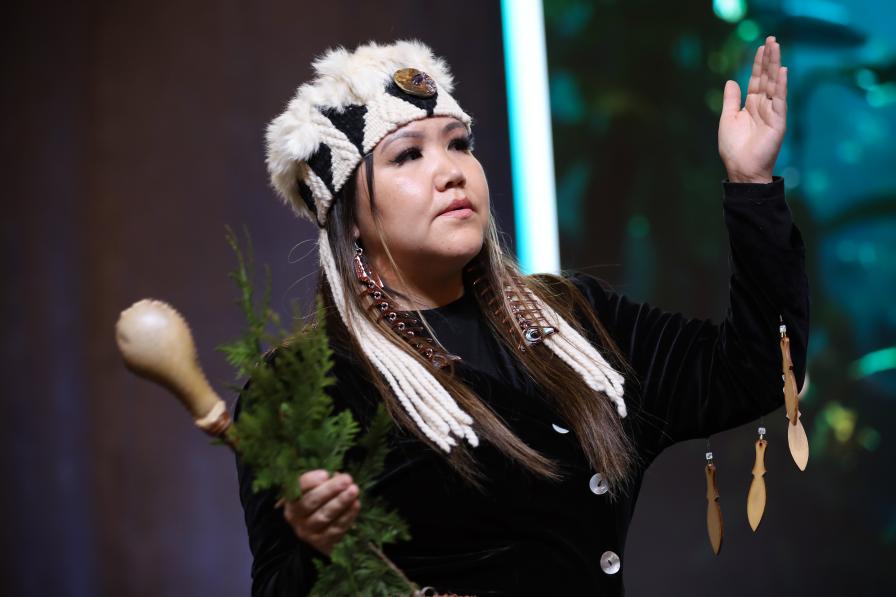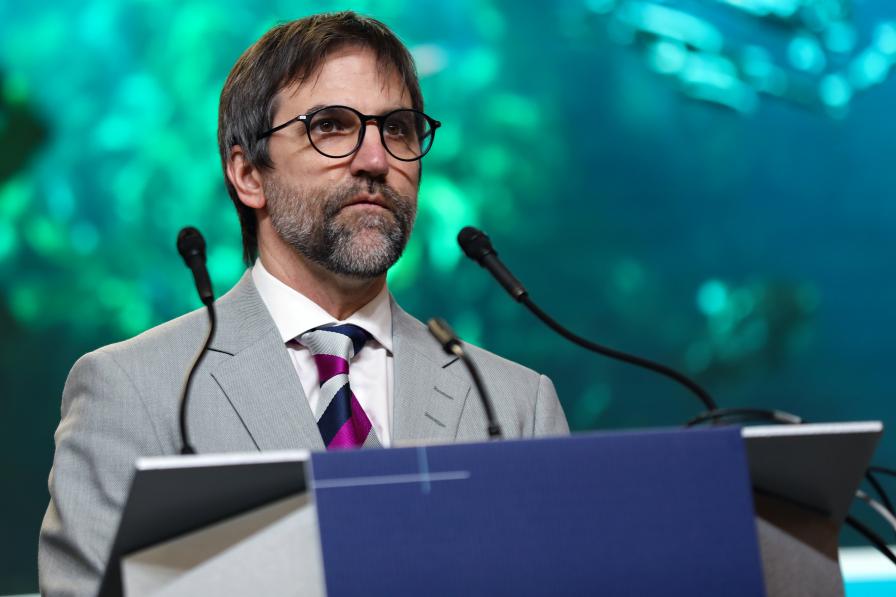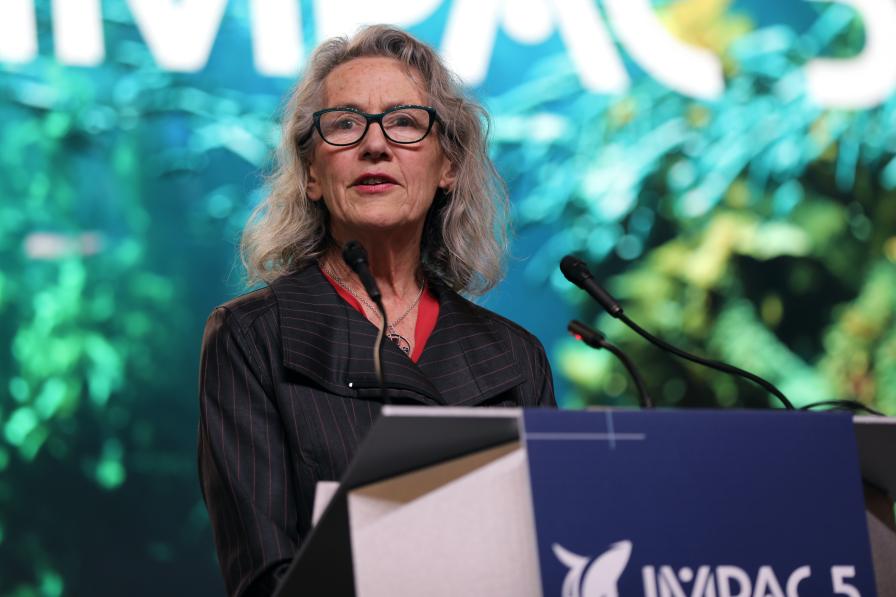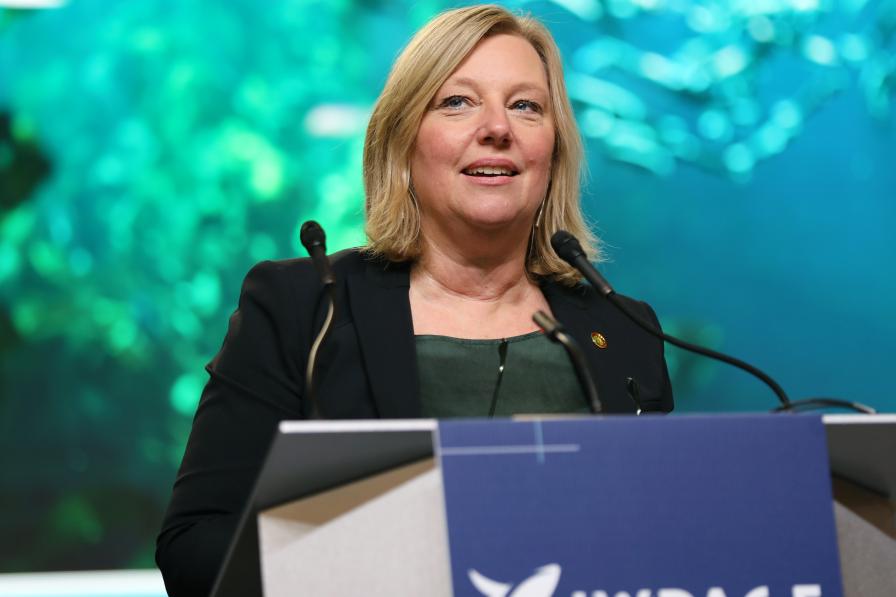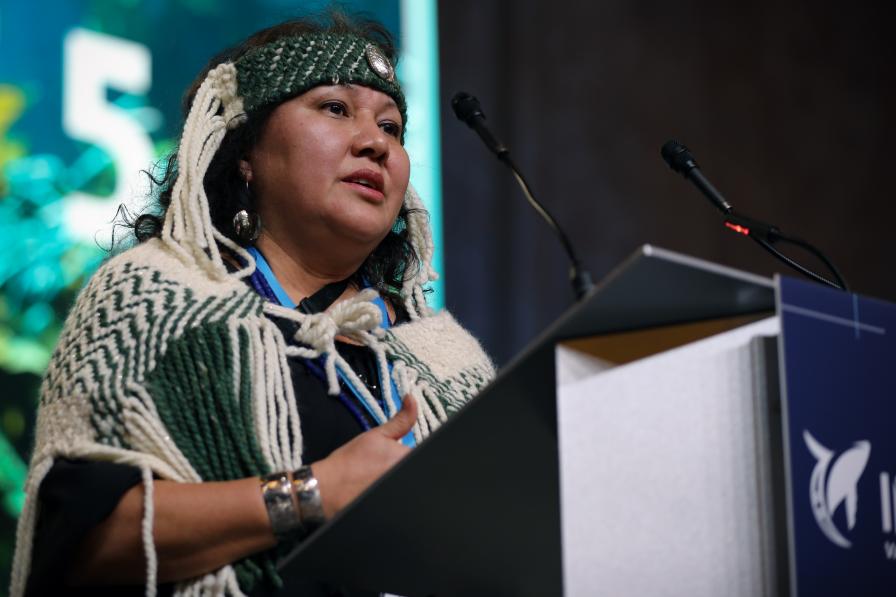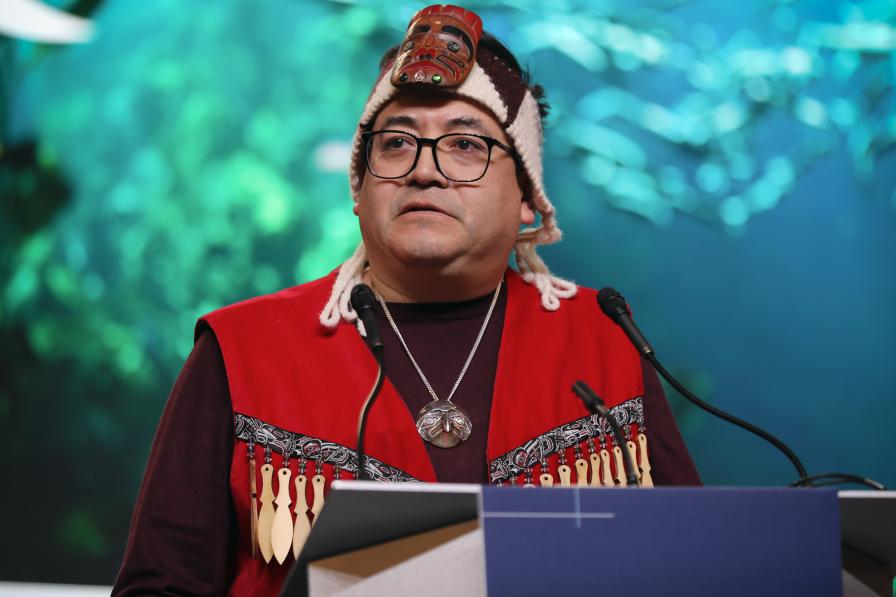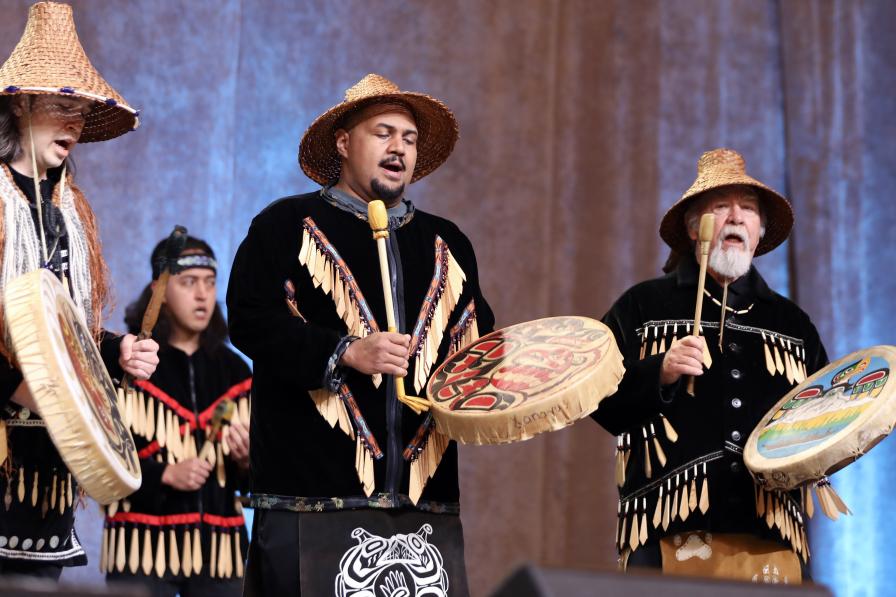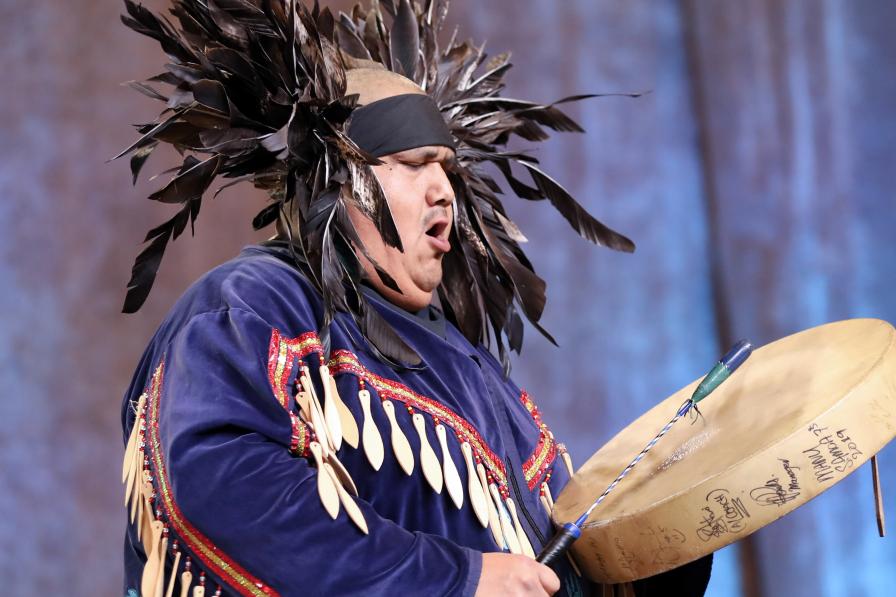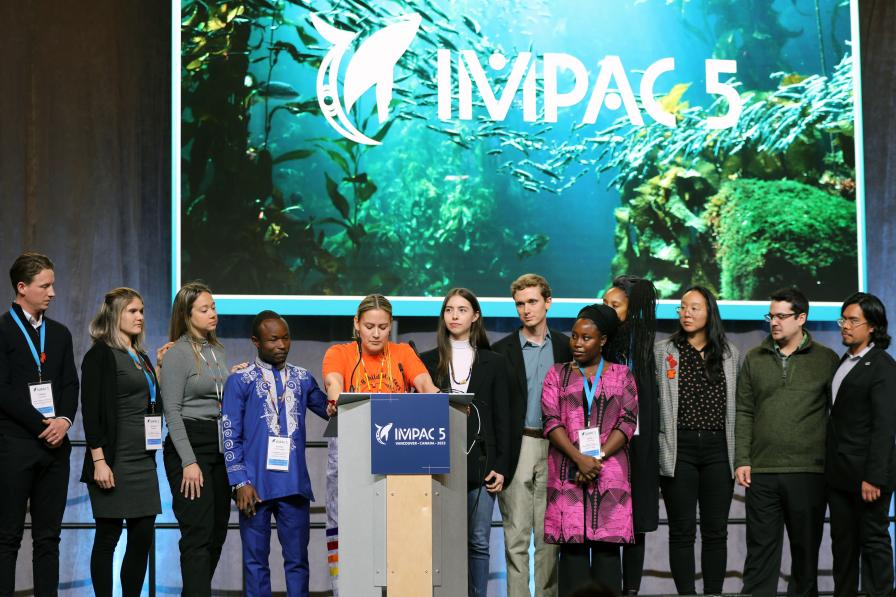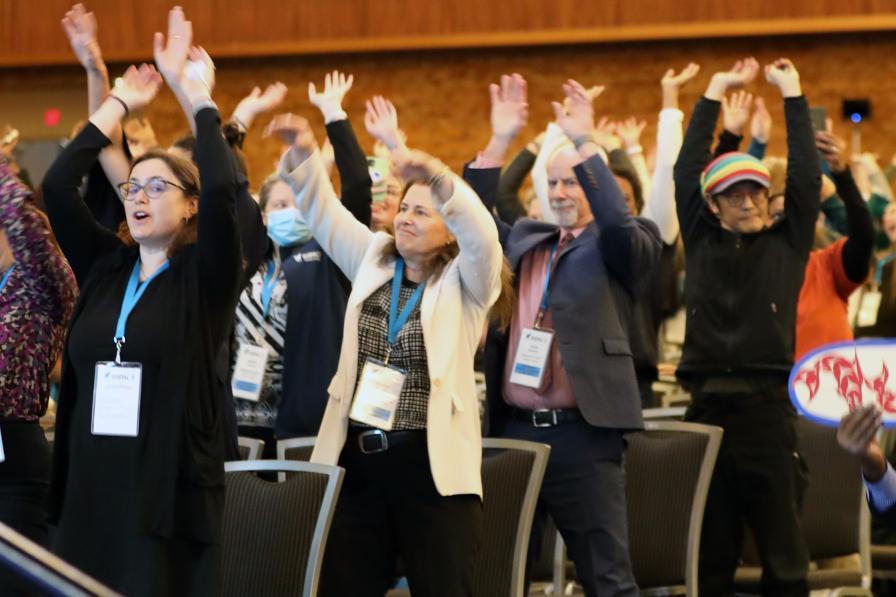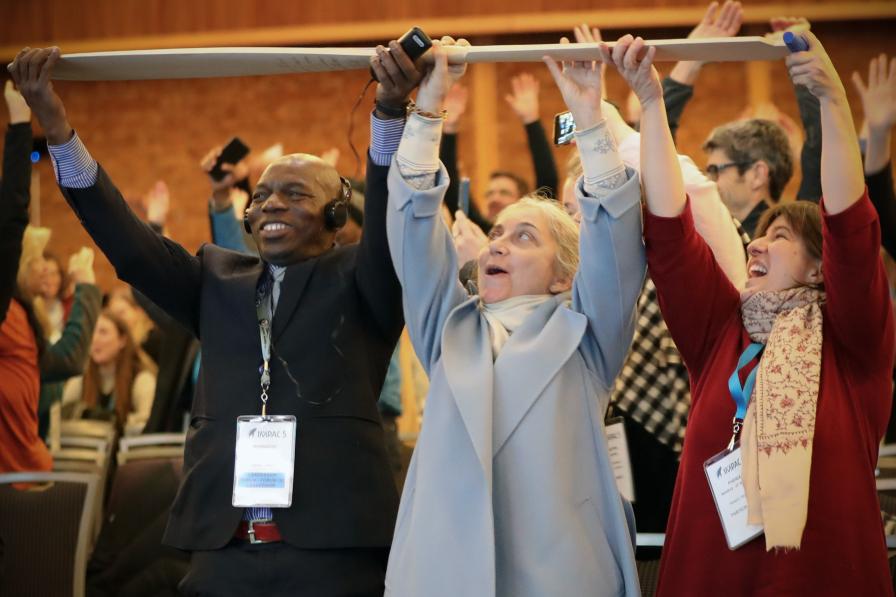On this last day of presentations and panels, participants heard about the impacts of IMPAC4, initiatives and research on sustainable fisheries practices, youth-led movements to support 30 by 30, social equity, and blue finance as a tool for funding marine protected areas (MPAs).
During opening keynotes, Patricia Scotland, Commonwealth Secretary-General, underscored that funds dedicated to achieving Sustainable Development Goal 14 (life below water), are the lowest of all the Sustainable Development Goals.
Want to dive deeper? Read the full Earth Negotiations Bulletin daily report.
Cloy-e-iss, Judith Sayers, Nuu-chah-nulth Tribal Council, highlighted some of the Hupacasath First Nation practices, including training young people on traditional fishing practices, the use of processing plants, seaweed industries, and fish processing, among others, all based on hishuk’ish tsawalk (“everything is one, everything is connected”), because “you can’t have a blue economy unless you have the involvement and consent of Indigenous Peoples.” She called for the revival of the economy in line with the traditions of Indigenous laws, because “if we don’t raise our voices now, we will not have a future.”
Titouan Bernicot, Coral Gardeners, shared that after witnessing a coral bleach event as a teenager, his journey to becoming a coral gardener began. By entering French Polynesia’s heritage and top-frontier technology, they are restoring reefs, creating awareness, and constantly innovating to conserve the Ocean and reefs.
During a lunch event, the Rapa Nui' Council of the Sea, the Coco Marine Conservation, and the Insular Fernandeziana community highlighted interest in establishing a “brotherly connection” among their MPAs for the exchange of experiences and joint learning.
In closing, Joyce Murray, Minister of Fisheries, Oceans, and the Canadian Coast Guard, noting that “we have momentum at IMPAC5,” urged everyone to protect the Ocean through Indigenous-led processes.
Steven Guilbeault, Minister of Environment and Climate Change, Canada, called on everyone to advocate for Ocean protection beyond this congress. Sandra Schwartz, Canadian Parks and Wilderness Society, showing appreciation for the First Nations hosts that received all participants onto their territories, highlighted Canadian progress on new MPAs announced during IMPAC5: New Federal Policy National Conservation Areas; Canada’s pathway to 25% conservation of marine and coastal areas by 2025; and the new guidance to implement minimal protection standards for new federal MPAs.
Charlene Aleck, Councillor, Tsleil-Waututh Nation, co-led a closing ceremony encouraging everyone, before leaving, to “visit the water, touch the water and leave some of your good work with her and take some of her strength back home with you.”
All ENB photos are free to use with attribution. For IMPAC5, please use: Photo by IISD/ENB | Anastasia Rodopoulou.
To receive free coverage of global environmental events delivered to your inbox, subscribe to the ENB Update newsletter.
